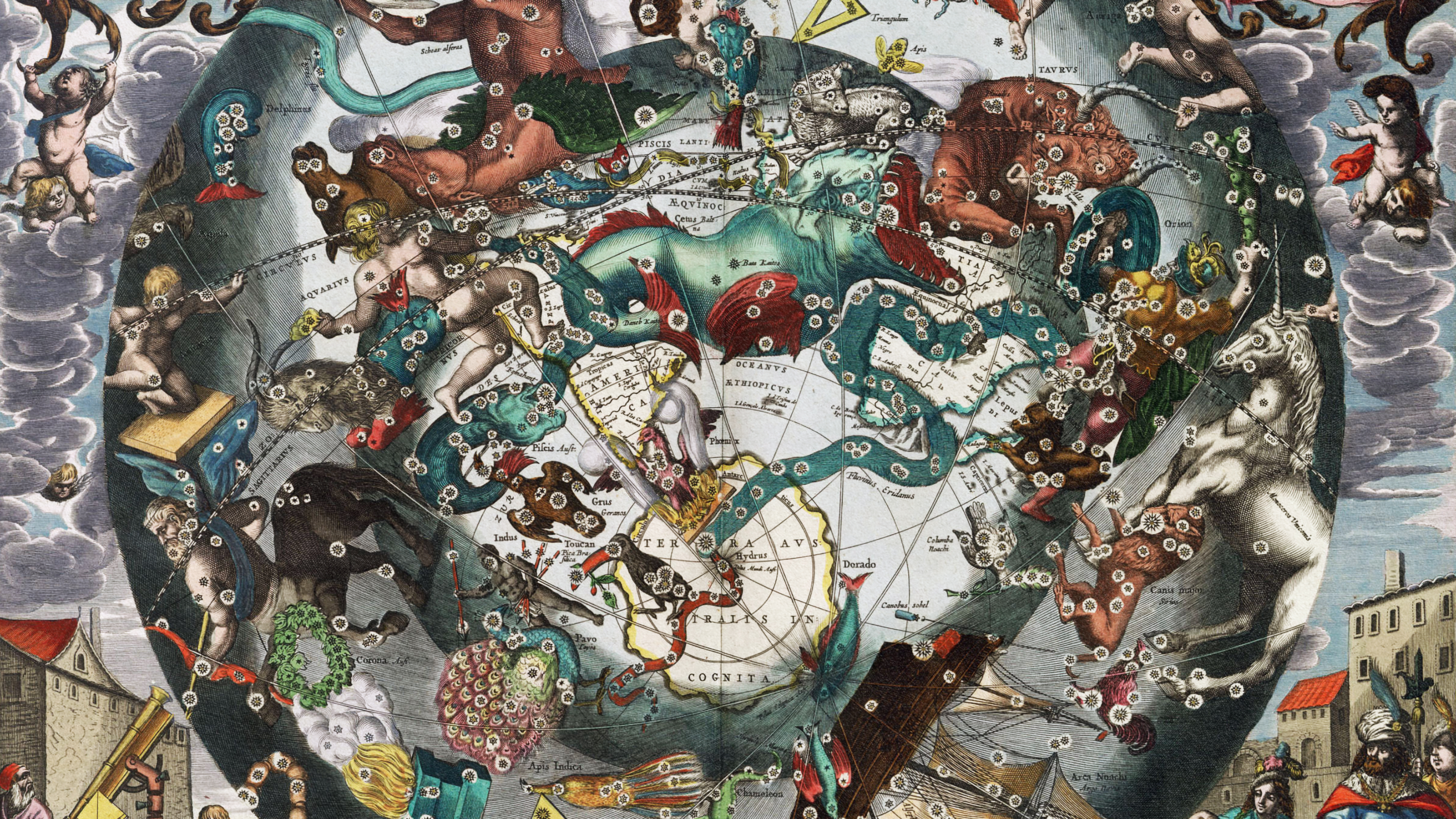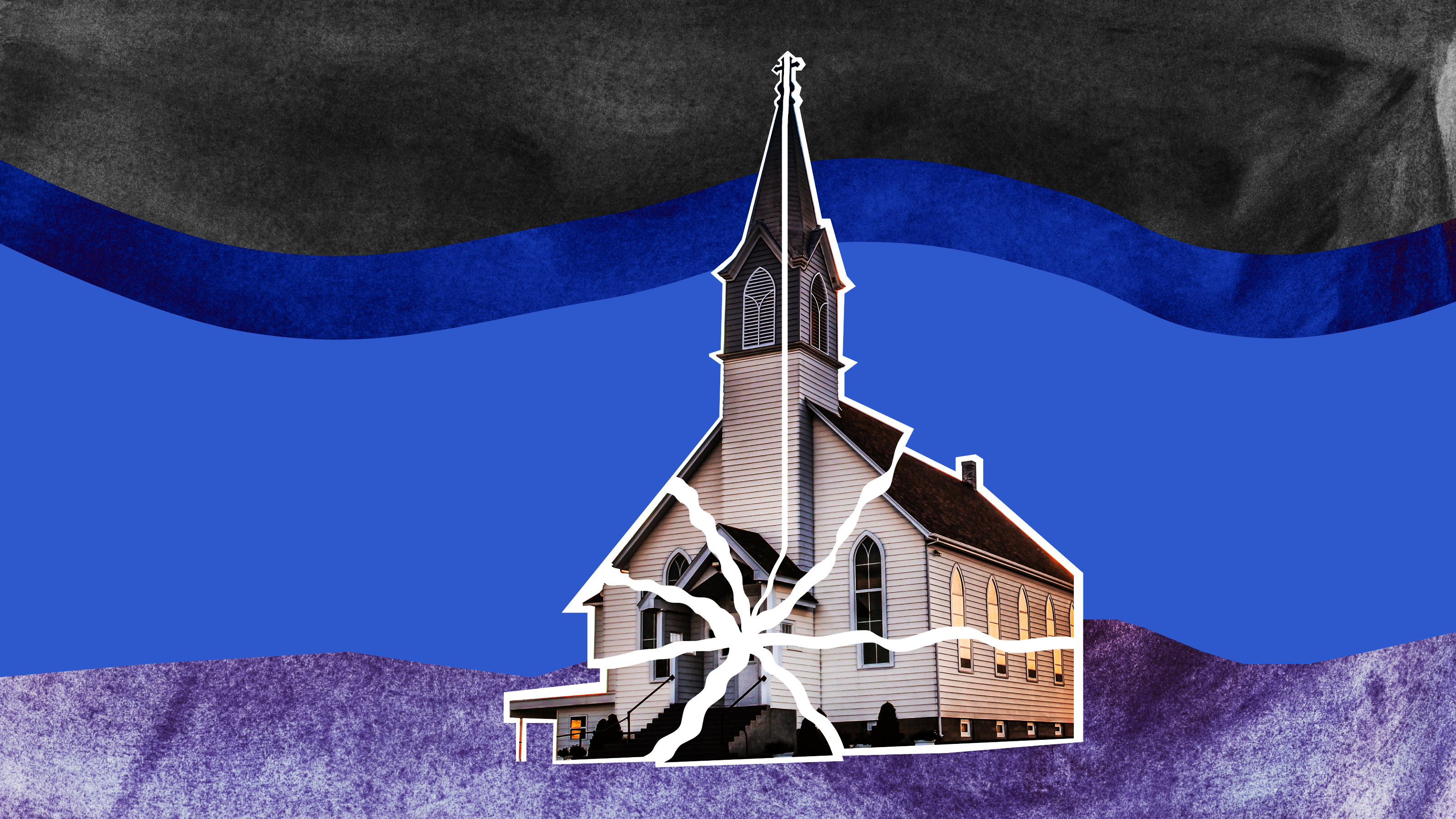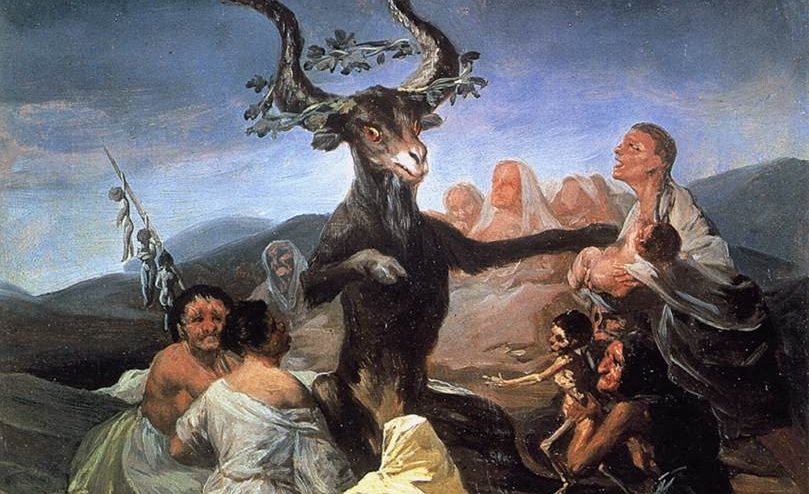Why the de-faithing of Islam is a threat to all America’s religions

Photo by Scott J. Ferrell / Getty Images.
- Asma T. Uddin explores religious freedom — or the lack thereof — in her new book, When Islam Is Not a Religion: Inside America’s Fight for Religious Freedom.
- She identifies and dispels myths surrounding Islam that attempt to weaken the rights of Muslims, such as the idea that Islam is a monolith, or is not a religion at all.
- It’s important to understand that religious freedom primarily involves a relationship between the government and religious individuals or organizations. This differentiates it from religious pluralism or tolerance.
In the aughts, a number of Christian conservative figures, including Pat Buchanan and Austin Ruse, were aligning their political-religious worldview with Islam in an attempt to separate from liberal Democrats. Just over a decade later, the same men were branding Islam as a purely political system while claiming it’s actually not a religion at all—and thereby not protected by American religious liberty laws.
Such a pivot has important consequences. If Islam is, in the eyes of the courts, deemed to not be a religion, then Muslims are longer protected by the freedom of religion clause. While such a notion seems absurd given that Islam is the planet’s second largest faith, there is precedent for this argument, writes lawyer and scholar Asma T. Uddin in her new book, When Islam Is Not a Religion: Inside America’s Fight for Religious Freedom.

Vandalism at the construction site for the Islamic Center of Murfreesboro. Photo by Michael S. Williamson/The Washington Post via Getty Images.
Myth 1: Islam is not a religion
Uddin knows this topic well. In 2010, she represented the Islamic Center of Murfreesboro, which was building a new mosque roughly 30 miles outside of Nashville. Having outgrown its previous facility near Middle Tennessee State University, members raised $600,000 for a new complex. Then the vandalism began.
As Uddin explains, the center went through the bureaucratic process every house of worship has to endure. Religious centers are usually spared the more laborious aspects of this process, however. Only that’s not what happened. Enter the argument that Islam is not a religion.
At this point, Uddin started to hear that, “Islam is not a religion, it is instead a dangerous political ideology and therefore Muslims don’t have the same access to these religious protections, including the religious land-use laws that every other house of worship gets, because it’s a threat to America. Unfortunately, the judge allowed this to go on for a number of days despite the fact that a lot of the questions are just really inflammatory, and ruled against the mosque.”
At the time, Lieutenant Governor Ron Ramsey used his failed Gubernatorial election platform to question Islam’s validity as a religion. That helped to kick off this entire movement. Eventually, the center was given final approval thanks to Uddin’s team’s efforts. Sadly, this did not stop the vandalism.
Myth 2: Islam is a monolith
Anti-Islam sentiment has only been further stoked since then, especially when it comes to the many “Sharia bans” proposed around the nation. According to Uddin, 43 states have attempted or implemented some form of anti-Sharia legislation, even though there has been no evidence of efforts to institute it in this country. Uddin continues:
“The movement behind this uses a lot of the same language: that Sharia or Islamic religious law is actually just as a political tool to take over the U.S. The way I see it is that this is just another way to say Islam is not a religion. In terms of the policy ramifications and the legal ramifications, you see this happening in all the different states that are attempting to limit Muslim religious arbitration.”
According to Uddin, this trend is not limited to building mosques. She cites a number of studies that have found that in religious liberty cases, Muslims are the least likely faith community to prevail compared to any other religious group.
Though there are thousands of Christian denominations around the world—a fact most Christians recognize—Islam is often treated as a monolith in America. Yet, as Uddin writes in her book, Muslims come from over 70 countries, as well as from indigenous sects such as the Nation of Islam. In fact, 20 percent of slaves were Muslim. Islam is very much at the heart of the American experience; it is not the faith of the “other.” Rather, it is part of us.
Uddin puts it best when she writes, “Fearing all Muslims because some Muslims are doing abhorrent things also betrays an extreme ignorance of religion in general and Islam in particular.”
Myth 3: Religious liberty protects religions
Defining what qualifies as a religion can even baffle scholars, as Jack Miles has written. Uddin strips it down to the basics: ultimate ideas about life, purpose, and death; metaphysical beliefs; moral or ethical systems; comprehensiveness of beliefs; important writings; ceremonies and rituals; special diets; religious garb or grooming requirements. Islam qualifies on every measure.
American religious liberty is designed to protect believers, not beliefs. As Uddin writes, in autocratic nations, those hurt most under dictatorial governments are most often Muslims. America is supposed to be better than this. The freedom to believe (or not) is an important component of democracy. This does not, however, translate as acting out on every belief your faith system espouses. Be it the Bible or Quran, the religious are selective of the dictates they follow. The role of the American government is to monitor and, if needed, punish the actions of its citizens. It is not there to punish the observance of any belief system.
Religious liberty: It’s between the government and the believer
The term “American experiment” is pertinent. Collectively, we are a few centuries into creating a democratic nation open to all faiths, provided that the beliefs do not turn into actions that harm others.
As Uddin says, knowledge is of primary importance in this experiment. Her book is an important contribution to the broader religious educational legacy. That means understanding what our laws entail, which is what Uddin explains best in her book.
Religious freedom primarily involves a relationship between the government and religious individuals or organizations. In jurisprudence, the phrase that matters most is “the practice of their sincerely held religious beliefs without undue restrictions.” If a burden is placed on your religious practice, there has to be compelling interest, which does not include not wanting a mosque in your neighborhood because Islam is not your religion.
“When I think of religious freedom, I think of this precise relationship between the government and the religious believer, whereas a lot of other people think of religious freedom as something more akin to religious pluralism or religious tolerance. I hope that this book educates people that it’s more precise than that. And that precision is really necessary when talking about religious freedom in the current context because the politicization of religious freedom is really based on our misunderstanding of how the law works.”





